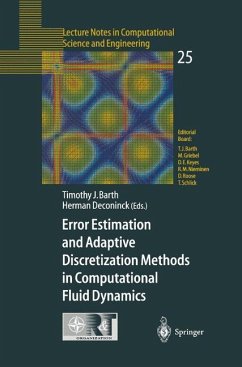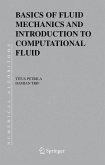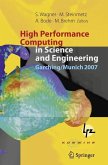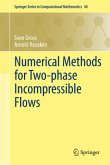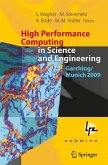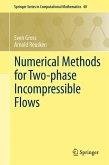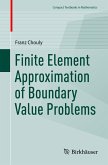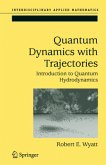As computational fluid dynamics (CFD) is applied to ever more demanding fluid flow problems, the ability to compute numerical fluid flow solutions to a user specified tolerance as well as the ability to quantify the accuracy of an existing numerical solution are seen as essential ingredients in robust numerical simulation. Although the task of accurate error estimation for the nonlinear equations of CFD seems a daunting problem, considerable effort has centered on this challenge in recent years with notable progress being made by the use of advanced error estimation techniques and adaptive discretization methods. To address this important topic, a special course wasjointly organized by the NATO Research and Technology Office (RTO), the von Karman Insti tute for Fluid Dynamics, and the NASA Ames Research Center. The NATO RTO sponsored course entitled "Error Estimation and Solution Adaptive Discretization in CFD" was held September 10-14, 2002 at the NASA Ames Research Center and October 15-19, 2002 at the von Karman Institute in Belgium. During the special course, a series of comprehensive lectures by leading experts discussed recent advances and technical progress in the area of numerical error estimation and adaptive discretization methods with spe cific emphasis on computational fluid dynamics. The lecture notes provided in this volume are derived from the special course material. The volume con sists of 6 articles prepared by the special course lecturers.
Bitte wählen Sie Ihr Anliegen aus.
Rechnungen
Retourenschein anfordern
Bestellstatus
Storno

